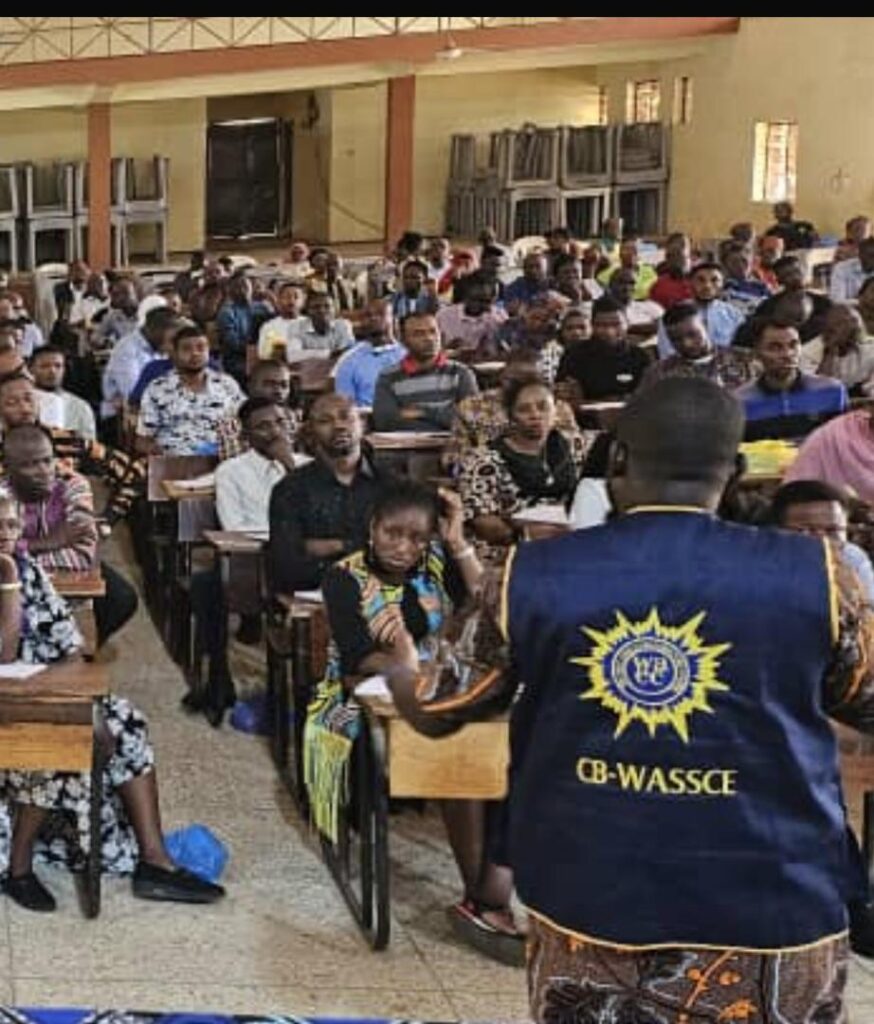By Queen Kunde
The Federal Capital Territory (FCT) Education Resource Centre (ERC), in collaboration with the West African Examinations Council (WAEC) FCT Zonal Office, has commenced a robust sensitization campaign for school principals and examination officers across Abuja ahead of the full migration to Computer-Based Testing (CBT) for the West African Senior School Certificate Examination (WASSCE).
Speaking during the stakeholders’ briefing held at Government Girls Secondary School, Dutse, the Director of the ERC, Dr. Neemat Daud Abdulrahim, reaffirmed the Centre’s readiness to implement the Federal Government’s directive transitioning WAEC examinations from the traditional paper-and-pen format to CBT beginning in 2026.
Dr. Abdulrahim emphasized that the ERC remains committed to executing government academic policies, particularly those linked to the new national curriculum. She noted that the transition would be carried out with full stakeholder participation and understanding, urging school managers to embrace the process proactively.
“The FCT Education Secretariat has long championed entrepreneurship and skills acquisition even before the new curriculum framework,” she stated, assuring that the ERC would back the reform through capacity-building programs for teachers to ensure effective classroom delivery.
She commended WAEC for initiating the sensitization exercise, describing it as a timely and laudable step to ensure a smooth transition. Dr. Abdulrahim also appealed for effective communication channels between schools and examination bodies to eliminate complaints and improve coordination, while reiterating the Secretariat’s zero-tolerance policy on examination malpractice.
In his remarks, Mr. Kelezo Ambrose, WAEC’s Senior Deputy Registrar and FCT Zonal Coordinator, explained that the sensitization was organized to prepare principals and examination officers for the technical and operational requirements of the upcoming CBT system.
According to him, WAEC has developed a feedback mechanism to promptly address challenges during the transition and will leverage existing school and commercial CBT centres to ensure seamless implementation.
“No school or student will be left behind in this digital transition,” Ambrose assured, noting that the new system will improve examination credibility, efficiency, and transparency.
Participants at the session expressed optimism about the CBT shift and called for continuous training for teachers and examination officers to build technical confidence.
In a related development, Dr. Abdulrahim led her team on a consultative visit to the Nigerian Educational Research and Development Council (NERDC) to align strategies for implementing the new national curriculum.
During the visit, she reiterated ERC’s role as the academic hub of the FCT and an implementing body for education policies, emphasizing collaboration with NERDC to ensure a smooth rollout.
The Executive Secretary of NERDC, Prof. Salisu Shehu, commended ERC for its proactive efforts, pledging the Council’s continuous support in curriculum implementation and stakeholder training.
He noted that the success of both the curriculum reform and the CBT transition depends on the collective commitment of all actors in the education sector*, reaffirming NERDC’s readiness to provide technical guidance and coordination for the process.
